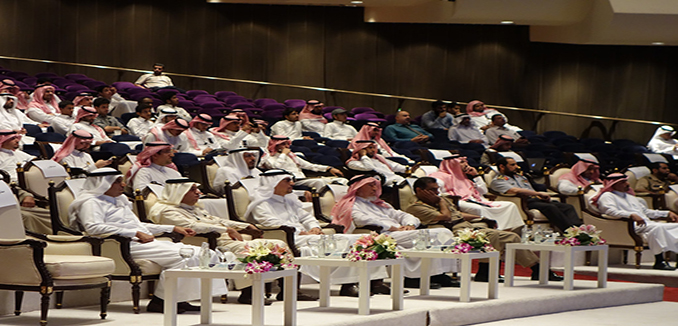The United States unveiled the economic aspects of its Middle East plan – a $50 billion economic formula for Israeli-Palestinian peace – in Bahrain on Tuesday as part of an investment-driven strategy toward economic progress for the Palestinians, which the U.S. described as a precondition to end the decades-long conflict.
Opening the two-day international economic workshop in Manama, senior White House adviser Jared Kushner said, “Agreeing on an economic pathway forward is a necessary precondition to resolving the previously unsolvable political issues.”
Kushner acknowledged the need to address the thorny political dimension of the conflict but asked the audience to focus at the summit on the region’s economic potential.
“To be clear, economic growth and prosperity for the Palestinian people are not possible without an enduring and fair political solution to the conflict — one that guarantees Israel’s security and respects the dignity of the Palestinian people,” he said.
He observed that the Palestinian people have been ill-served by their political leadership during previous rounds of peace-making efforts and explained that the U.S. has only the best intentions for the long-suffering Palestinian population.
“My direct message to the Palestinian people is that despite what those who have let you down in the past say, President Trump and America have not given up on you,” Kushner vowed.
Meanwhile, Deputy Fatah chairman Mahmoud al-Aloul told protesters in Nablus on Tuesday that pragmatic Arab leaders who are participating in the workshop have “stabbed” the Palestinians in the back.
“Our message to those who we call our [Arab] brothers: “Your stabs in our back have increased. Stop tampering with our cause,” he said. The Palestinians, the official added, “Will continue to consider the US and Israel as our enemy.”
Senior Palestinian negotiator Saeb Erekat also criticized the workshop, saying, “Of course Kushner is not committed to the Arab Peace Initiative because he’s committed to the initiative of the Israeli colonial settlement councils.”




